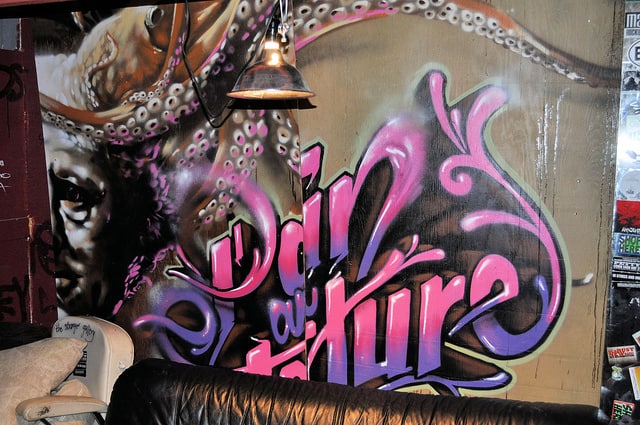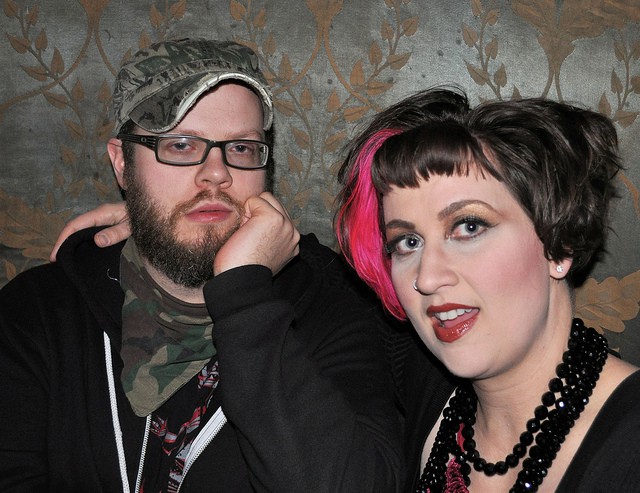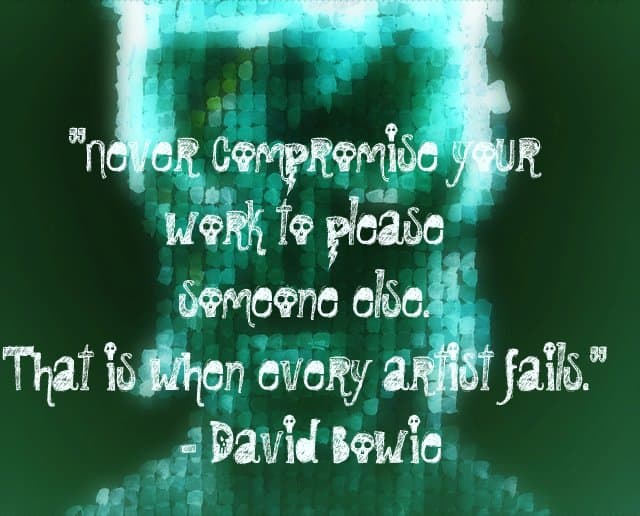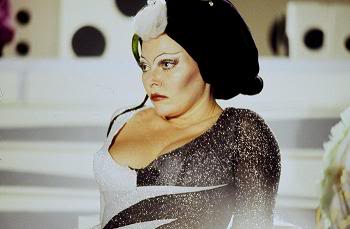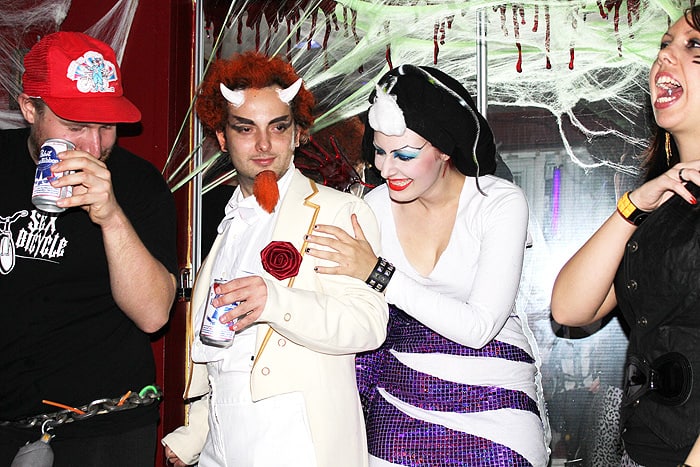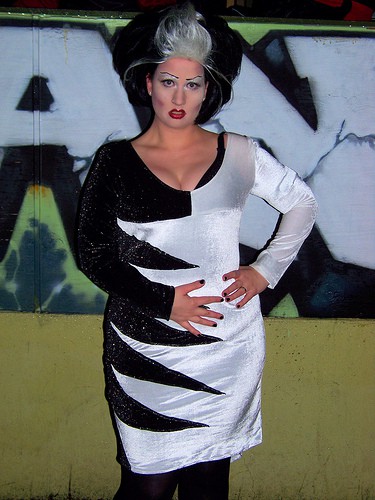NOT-ttleganger
- Photo by Lisa Whiteman
Had the following exchange last night in Seattle:
Guy: so, excuse me but- are you famous?
Me: what? No, I am totally not famous.
Guy: I just feel like I’ve seen you somewhere!
Me:(flattered, a little weirded out) no, I mean, I’m famous in Portland vegan restaurants, gay bars, and karaoke nights, and also at my mom’s house. I’m totally not famous.
Guy: oh! You know who I’m thinking of? That girl on the Daily Show.
Me: (Defeated) Kristen Schaal.
Guy:yeah!
Postscript: After performing in two festivals with her, I finally got some face time with Kristen and explained that for the last two years, every time someone asked me “Do you know who you look like?”, she was the answer to the question. She said “I kind of see it, and the important thing is that we’re both beautiful!” Why, yes, Kristen, what a perfect thing to say.
I should also remark that since the time of writing the original post, I am also famous at Gresham Costco. One cashier knows who I am and always seems excited to ring me up and call her husband afterwards and gush “Comedians eat trail mix, just like we do!”

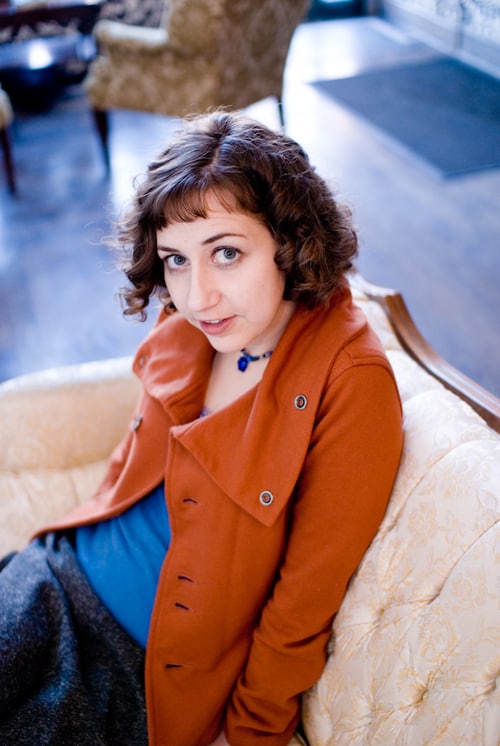
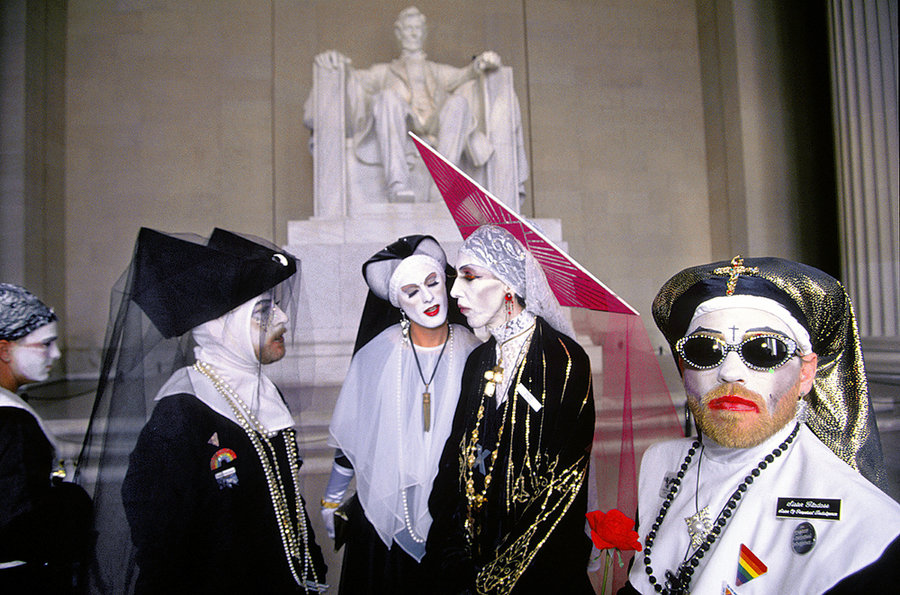
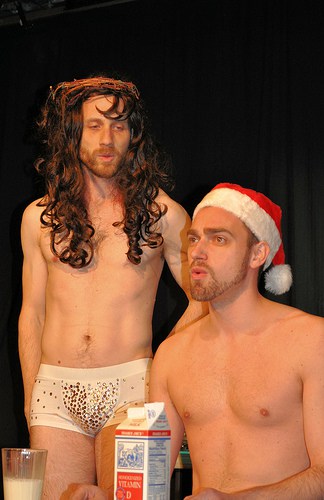 Sexy Jesus and Sexy Santa enjoy a duet- Kenny and James.
Sexy Jesus and Sexy Santa enjoy a duet- Kenny and James.